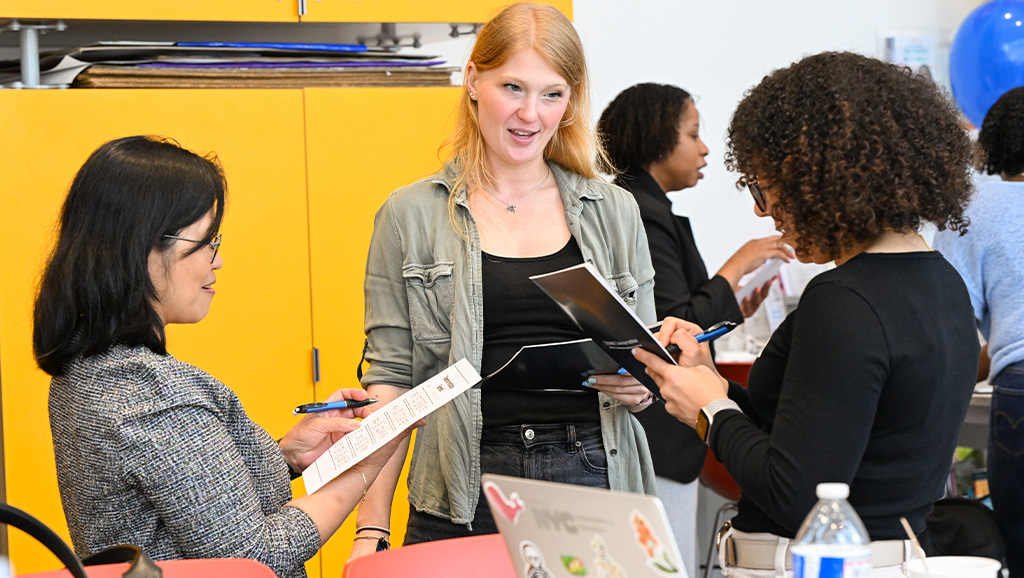Columbia University Zuckerman Institute
Grant Information
This grant continues support for Columbia University’s Teacher Institute for Neuroscience and Society (TIFNAS), a comprehensive professional development series which equips middle school teachers with tools, resources, and evidence-based lessons for their students on challenging topics at the intersection of neuroscience, ethics, and society.
With this grant, Columbia continues TIFNAS with a redesigned workshop format that lowers the barrier for teachers to access the program and offers a deeper dive into each of the topics. The new format includes three separate workshops, each focused on a different neuroscience and society topic. Each workshop runs for four weeks, with participants meeting once per week in person, and is facilitated by Zuckerman Institute faculty and program staff, featuring discussions and interactive exercises to guide teachers as they develop and present their own neuroscience and society lesson plans with their peers. Topics for the three workshops include: how screen time and social media impact the adolescent brain, with an analysis of how behavior differs online versus in person; the impact of sleep on brain function and behavior, particularly in underserved, under resourced, or noisy communities; how food influences energy, sensation, memory, and social interactions with an exploration of eating disorders and wellness trends on social media; and how reward and pleasure systems drive addictive behaviors and how addiction has evolved in modern society, with online betting and social media use becoming increasingly prevalent These lessons and activities, as well as a list of scientist-vetted, age-appropriate neuroscience resources, are collected and added to the established freely available online resource hub along with the resources developed by teachers during the pilot grant.
This grant supports the Dana Education objective to engage K-12 students in learning about neuroscience and its relevance to society through structured education opportunities (formal and non-formal) that integrate relevant, real-world topics and issues to capture their interest and inspire continued study.
This grant also supports the Dana Education objective to facilitate greater understanding and informed decision-making among professionals by supporting new education approaches on neuroscience topics related to their practice.

